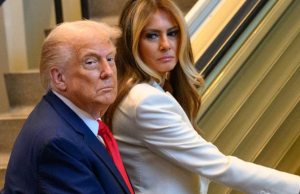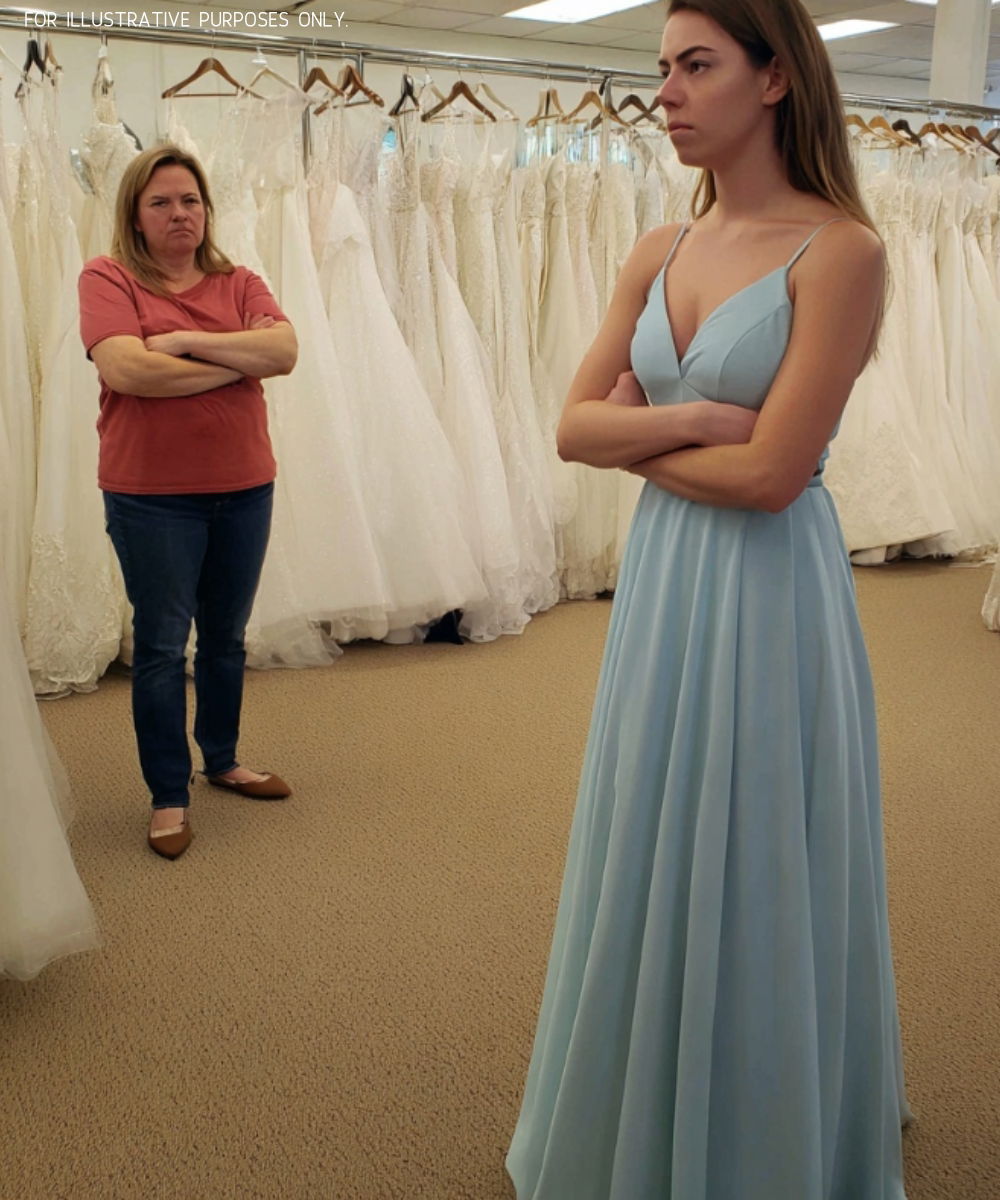
Gina and I were never inseparable in college, but we were close enough to cry over breakups while eating instant noodles and sipping cheap wine.
So when she unexpectedly called one day asking me to be her bridesmaid, I assumed it meant we were reconnecting. I didn’t know then what I was walking into.
Gina had always been the kind of person who could dominate a group project without doing much, just by raising a single eyebrow.
I, on the other hand, was the practical, do-it-all type. Our friendship worked somehow—fun but always with a subtle air of competition.
After college, we went our separate ways. Different cities, new relationships, new jobs.
Eventually, the texts slowed down. So her bridesmaid’s request after all that time genuinely caught me off guard.
I told my boyfriend Dave, “Gina asked me to be in her wedding.”

He raised an eyebrow. “The same Gina who once said bridesmaids were just ‘pageant rejects with better lighting’?”
“Yep. That Gina.”
Still, I agreed.
I didn’t have a real reason to say no, just a strange feeling I couldn’t explain. I figured maybe this was her way of showing she still valued our friendship.
Maybe we were starting over.
But I was wrong.
The group chat wasn’t about celebrating friendships—it was about strict visuals. She sent out spreadsheets, exact color palettes, hair tutorials, and even lash-length rules.
Yes, lash lengths. It became clear she didn’t want friends at her side—she wanted perfectly coordinated set pieces.
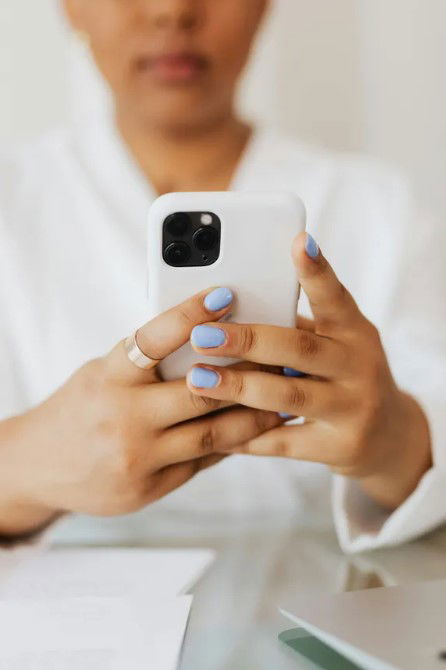
Then came the nail directive.
“Everyone needs nude almond-shaped acrylics with a silver line,” she texted.
I messaged back: “Hey, Gina. I work in healthcare. I can’t do long nails—it’s a safety issue and tears gloves.”
She responded immediately: “Then maybe you’re not a fit for the bridal party.”
That was it. No talk, no empathy. Just out.
I took a beat, then replied, “Maybe I’m not.”
When I told Dave, he just shook his head. “That says everything, doesn’t it?”
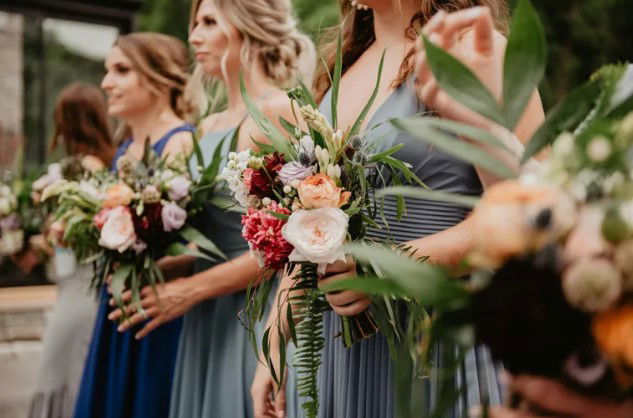
“Guess that friendship had an expiration date,” I muttered.
Two days later, she sent a follow-up text: I was out of the wedding party, but still invited as a guest.
By that time, I’d already spent over $500 on a custom pale-blue gown she’d chosen, including shoes and alterations.
The dress was stunning—floor-length, backless, with delicate details.
So I asked, “Since I already paid and it’s non-refundable, can I wear it as a guest?”
Her reply: “Absolutely not. I don’t want any negativity at my wedding.”
Negativity?
I was stunned but composed. “Alright then, I guess I won’t come.”
She doubled down: “Fine. Don’t come. And you’re NOT allowed to wear the dress.”
I laughed out loud. “I bought it. What do you mean I’m not allowed?”
She replied, “You couldn’t even follow simple instructions. That look belongs to my wedding.”
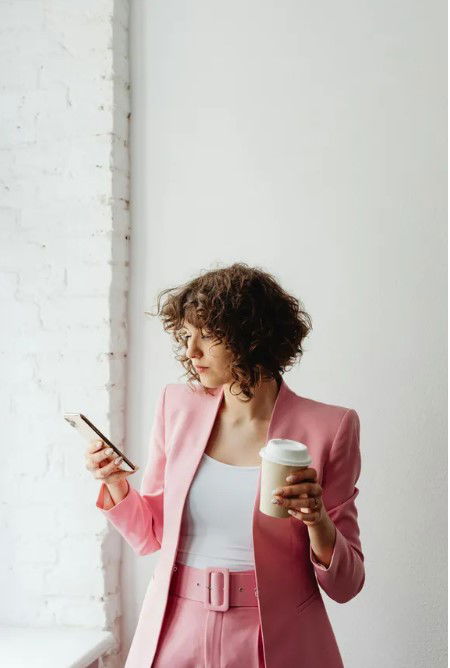
I offered, “Do you want to buy it from me?”
She scoffed: “Why would I pay for your leftovers?”
That was it. I deleted the chat and let it go. Dave said, “You dodged a disaster.”
Two days later, Dave was invited to a last-minute brunch hosted by his boss. It was a formal garden party, pastel-themed.
We had planned to be at Gina’s wedding that weekend, but clearly, those plans had changed.

As I searched my closet for something appropriate, my eyes landed on that dusty blue dress, still hanging in its plastic. It was the perfect fit for the theme.
Dave nodded at it. “Wear it. You paid for it. It’s gorgeous.”
I hesitated. “It was supposed to be for her wedding…”
“She uninvited you. Her rules don’t matter anymore.”
He was right. So I wore it.
I styled my hair in loose waves, wore minimal jewelry, and paired the look with a calm confidence. Dave looked sharp, too.
The brunch was beautiful—blooming gardens, white linens, elegant guests. I barely thought about Gina as we laughed, mingled, and took photos.
Later that day, I posted a casual photo on Instagram, tagging the dress brand, Zara. I didn’t think twice about it.
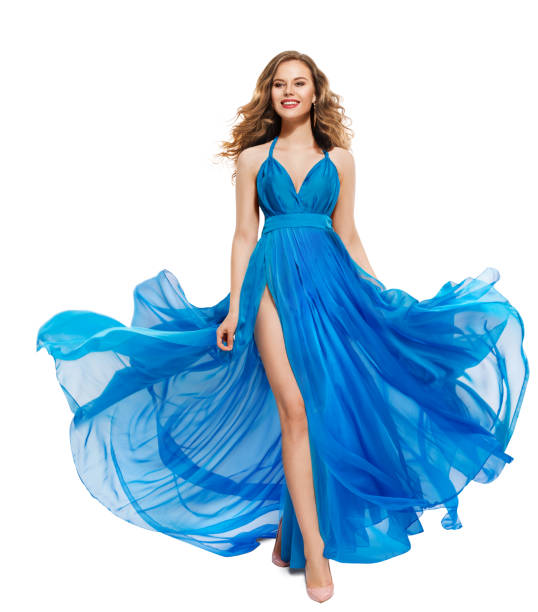
Then the drama started.
The post picked up likes quickly. Friends commented things like, “You look like a dream!” or “Obsessed with this look!”
Apparently, someone from Gina’s circle saw the post and recognized the dress.
By evening, I got a message from her.
“So you really wore the dress after all? You just had to make it about you, huh?”
I stared at the message in disbelief.
“It’s a dress I paid for. For an event I wasn’t even invited to anymore,” I replied calmly.
She raged. “You ruined the aesthetic! Everyone’s talking about YOU!”
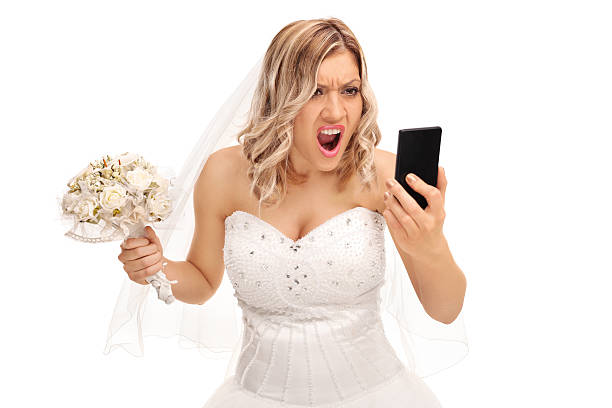
I shot back, “You disinvited me and forbade me from wearing it. I didn’t crash your wedding—I used the dress for something else.”
She went quiet after that. But later, I heard from one of the other bridesmaids.
“Gina made us double-check the guest list. She thought you’d show up uninvited.”
“You’re kidding.”
“Nope. She even flipped out because someone liked your photo. Thought we were ‘supporting the enemy.’”
Apparently, she spent her wedding day obsessing over my Instagram post instead of enjoying her celebration.
Meanwhile, I received nothing but support. Mutual friends reached out, saying how classy I’d been and how over-the-top she was.
One even messaged, “You looked like you were in a perfume commercial. She just couldn’t handle that you didn’t need her wedding to shine.”
And honestly, I didn’t.
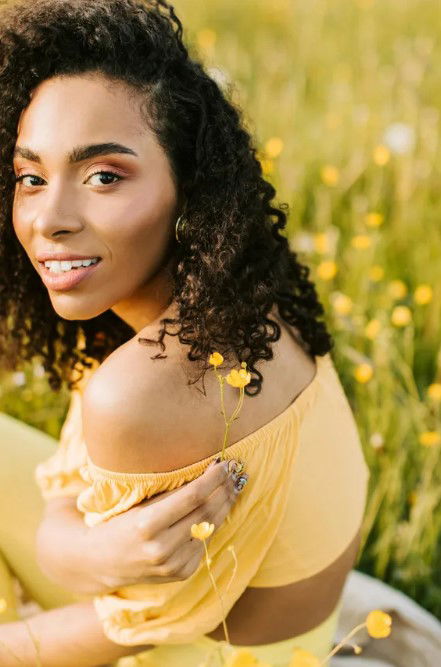
I never retaliated. I didn’t speak badly about her to anyone.
All I did was wear a dress to a brunch, and somehow, that was enough to bring her crashing back to reality.
Will we ever be friends again? Probably not.
But I’ve learned that sometimes, the best clapback isn’t a fight—it’s living your life, looking great, and letting the silence speak for itself.




